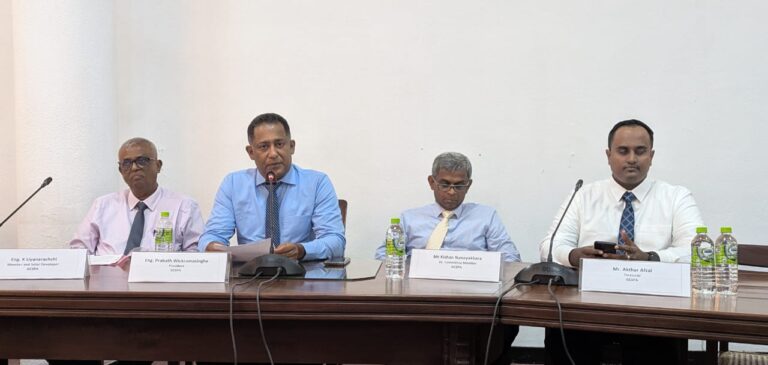
A comprehensive audit by the National Audit Office has uncovered extensive financial mismanagement, operational inefficiencies, and alarming overcrowding in Sri Lanka’s prison system. The report reveals that the Department of Prisons spent Rs. 982 million on overtime and holiday allowances in 2023, an increase of Rs. 106 million compared to the previous year. This expenditure was incurred despite stringent Treasury restrictions on overtime, imposed through Budget Circular 01/2023, dated January 27, 2023.
The audit highlights a troubling misuse of resources within the system. Prison officers at Welikada Prison reportedly employed inmates for tasks in their residential premises, accounting for 234 man-days in 2023 alone. A total of 233 such cases were reported in the same year. Additionally, reserve vehicles from Prison Headquarters were inappropriately utilized, traveling 372 kilometers on 62 occasions to transport prisoners for unofficial purposes.
Overcrowding has emerged as a critical issue, largely driven by the incarceration of individuals for drug-related offenses. In Negombo Prison, 65% of inmates (1,442 out of 2,225) between January and August 2023 were detained for drug-related charges. Similarly, Kalutara Prison housed 885 inmates out of 1,275 for similar offenses during the same period, accounting for 69% of its population. Across Angunakolapelessa, Kalutara, and Negombo prisons, 1,421 inmates remained in remand due to delays in analytical reports on seized drugs submitted by the police, further exacerbating overcrowding.
The report also sheds light on substandard living conditions caused by overcrowding. For instance, five prison institutions were found to house 2,601 inmates in just 62 wards, and one ward in Angunakolapelessa Prison confined 127 inmates. These conditions fall significantly below international standards and the requirements outlined in the Prisons Ordinance. The overcrowding not only impacts inmates’ mental and physical health but also hinders the prison system’s ability to achieve its rehabilitation and security objectives.
The audit further notes that the increase in drug-related incarcerations has disrupted prison operations. Many inmates are drug addicts, creating challenges for prison authorities who struggle to maintain order and security while addressing the inmates’ attempts to access drugs inside the facilities.
The report emphasizes the financial strain imposed by these inefficiencies. The misuse of resources, such as employing prisoners for private tasks and unauthorized vehicle use, represents significant government fund wastage. Prison officials have called for better planning and management to curtail these issues.
The findings call for urgent reforms within Sri Lanka’s prison system. Experts and officials stress the need for a more efficient allocation of resources, streamlined processes to expedite judicial procedures for drug offenses, and measures to address overcrowding. Without such interventions, the prison system risks further deterioration, jeopardizing both inmate welfare and institutional effectiveness.
The audit, conducted under the National Audit Act No. 19 of 2018 and the Finance Act No. 38 of 1971, has sparked discussions on the systemic changes required to improve the Sri Lankan prison system’s accountability and functionality.




